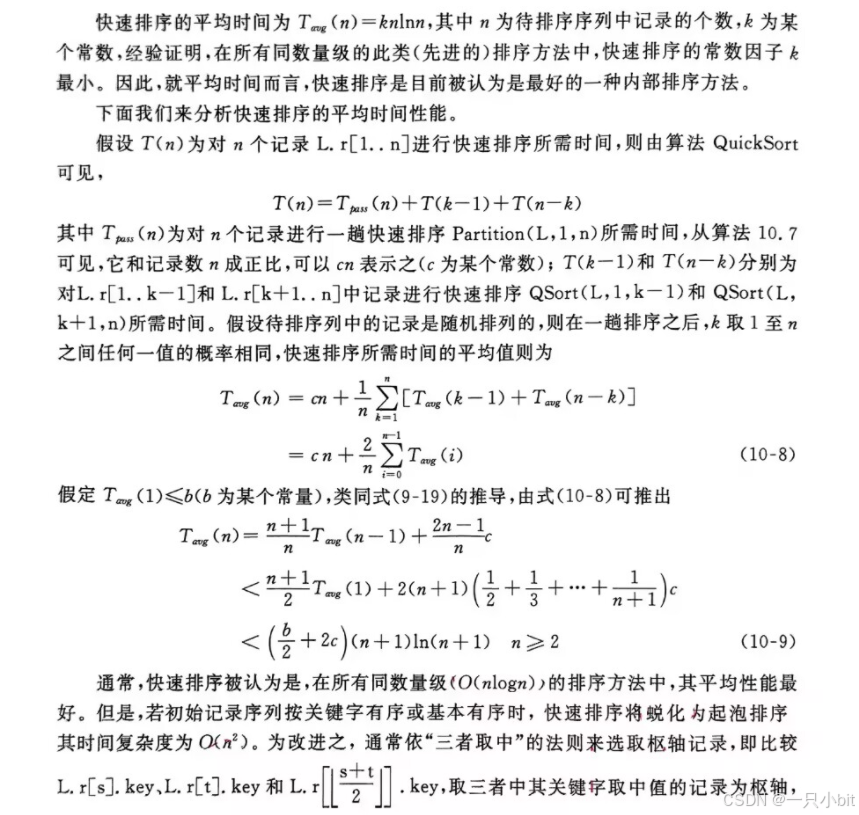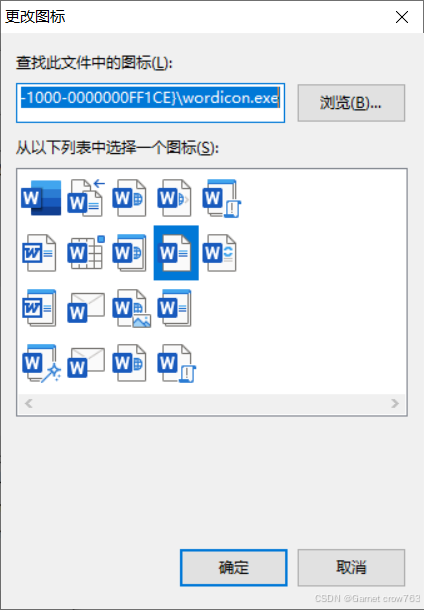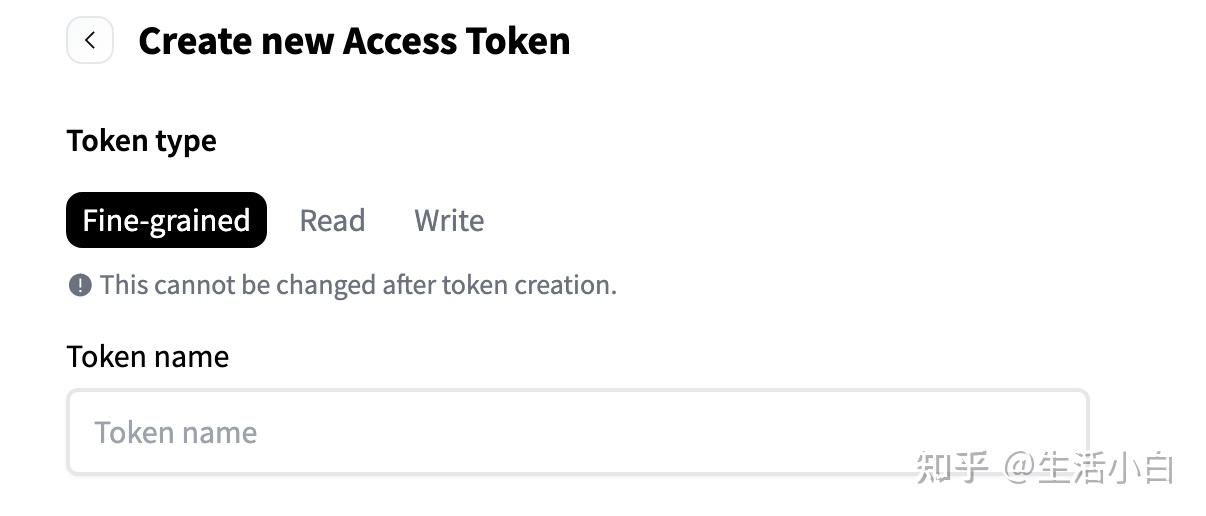问题案例:
假设有这样一个单例模式的代码
//test.h header
class Test
{
public:static Test &instance() {static Test ins;return ins;}void foo();
};void testFoo();
//test.cpp source
#include "test.h"void Test::foo()
{printf("%p\n", this);
}
void Bar()
{Test::instance().foo();
}
接下来分别调用它们
#include "test.h"int main()
{Bar();Test::instance().foo();return 0;
}
运行后得到结果
>./main
>00007ff8c63a8110
>00007ff664923100
居然得到了不一样的地址,说明这种方法实现单例会发生意料之外的问题。
通过网上检索后终于知道:由于static变量是单个编译单元的变量,当dll代码中的头文件定义static变量时并且main函数调用时,ins变量实际已经被认为是两个静态变量了(个人猜想:编译器为了区分变量,可能会隐式添加后缀用于区分),因此在main中调用Test::instance().foo()时,实际是在第一次构造属于主程序单元内的ins静态变量。
解决办法
1.将instance实现方法写到cpp中
将static变量的定义写到cpp中,则不会在dll中编译时标记ins为静态变量,确保了其唯一性。
//test.cpp source
#include "test.h"Test &Test::instance()
{static Test ins;return ins;
}
2.手写一个管理类
在某乎看到大佬写的,其原理是将所有获取单例的方法集合在一起,但需要注意它不满足支持热卸载的动态库,因为是管理的指针
https://github.com/KondeU/GlobalSingleton/tree/master


















